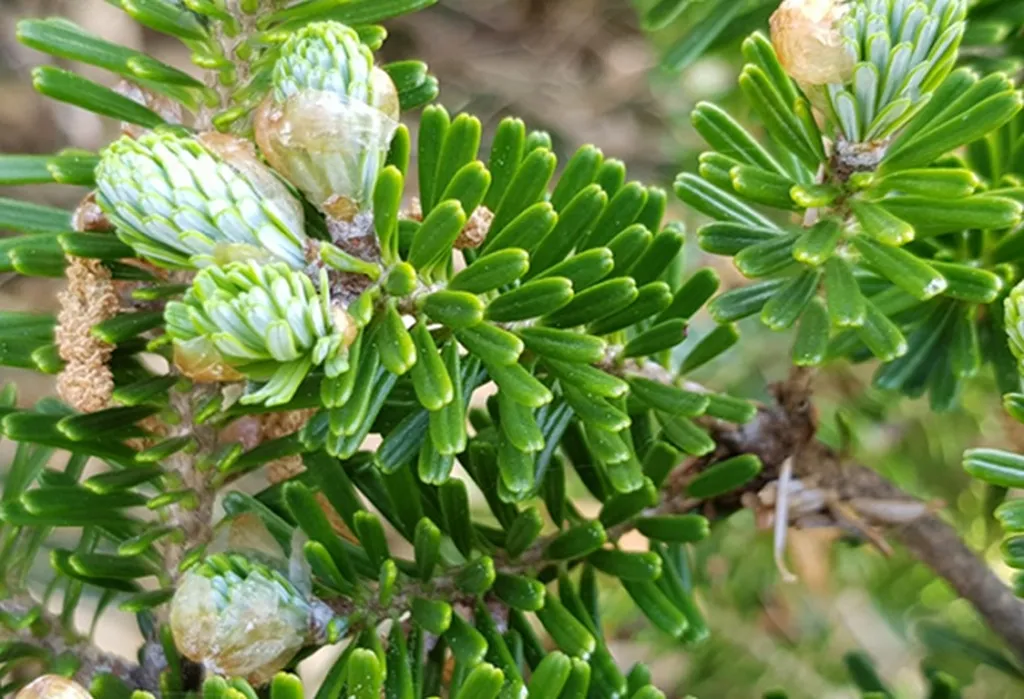In the intricate world of soil microbiology, a team of researchers led by Selvaraj Poonguzhali from the Department of Environmental and Biological Chemistry at Chungbuk National University in South Korea has uncovered a fascinating interplay between beneficial bacteria and plants that could revolutionize sustainable agriculture. Their study, published in *Frontiers in Microbiology* (translated as “Frontiers in Microbiology”), sheds light on how a plant growth-promoting bacterium, Burkholderia vietnamiensis, uses chemical signaling to enhance plant health and protect against pathogens.
Quorum sensing (QS) is a communication system used by bacteria to coordinate behavior based on population density. In this study, Poonguzhali and her team investigated the QS systems of B. vietnamiensis strains, which are known for their plant growth-promoting (PGP) potential. They identified two functional QS circuits, CepI/R and BviI/R, responsible for the synthesis of distinct acyl-homoserine lactones (AHLs). “These AHLs serve as interpopulation signaling molecules within the rhizosphere, the dynamic region of soil surrounding plant roots,” Poonguzhali explained.
The researchers found that the AHLs produced by B. vietnamiensis could be detected in plant tissues, highlighting the bacterium’s role in plant health. To understand the significance of these AHLs, the team generated an AHL-deficient mutant (ΔCBMB40). This mutant exhibited an extended log phase, reduced protease activity, and lost its antagonistic activity against several pathogens, including Erwinia carotovora subsp. carotovora and multiple fungal pathogens. “The addition of AHL extracts from the wild-type strain restored antagonistic activity in the mutant,” Poonguzhali noted, underscoring the importance of AHL-mediated QS in the bacterium’s biocontrol potential.
The study’s findings have significant implications for sustainable agriculture. By understanding how PGP bacteria like B. vietnamiensis communicate and interact with plants, researchers can develop more effective and environmentally friendly strategies for crop protection. “AHL-mediated cross-communication in the rhizosphere may further disrupt pathogenic signaling, opening new avenues for microbiome-based crop protection strategies,” Poonguzhali said.
This research not only enhances our understanding of QS-regulated functions in PGP bacteria but also supports the potential application of B. vietnamiensis as a sustainable biocontrol agent. As the world seeks to reduce its reliance on chemical pesticides and fertilizers, the use of PGP bacteria to prime plant defenses offers a biologically meaningful and ecologically sustainable alternative. The study’s insights could pave the way for innovative microbiome-based solutions that promote plant health and resilience, ultimately contributing to more sustainable and productive agricultural practices.

